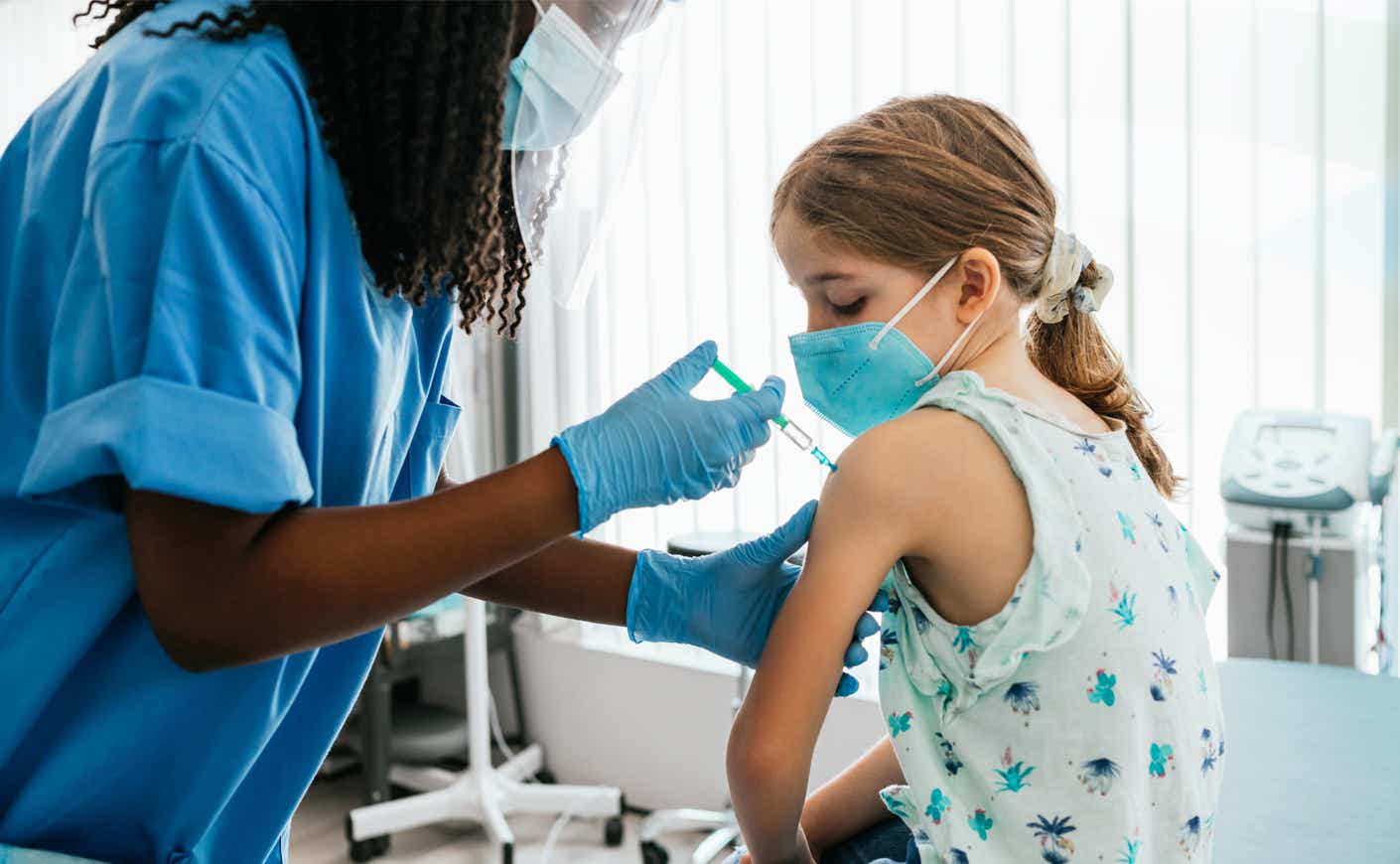The world’s leading Covid-19 experts have said time and time again over the past year that vaccines are the path out of the pandemic. Still, millions of Americans are questioning the safety (and importance) of the inoculations.
So we turned to Dr. Rene Najera, an epidemiologist and the editor of The History of Vaccines, for some perspective on why so many people continue to be suspicious about the Covid-19 vaccine and why it’s crucial to get the shot.
“Vaccine hesitance is as old as vaccination,” Dr. Najera tells us.
Skepticism about these shots (especially among parents concerned about inoculating their children) goes back to the development of the smallpox vaccine, Dr. Najera says, and that feeling can become almost as contagious as the virus the vaccine is designed to fight.
“You hear from somebody getting the vaccine that they had some sort of adverse event, or they correlate a death after the vaccine with the vaccine itself. You hear from people who are in positions of power or are well-known say something about the vaccine and you kind of believe it,” Dr. Najera says. The result is a fear of the technology itself.
What’s different about the backlash today, he explains, is the amplifying effect of social media.
“We have our algorithms that tell us what we want to hear, and so if I’m already vaccine hesitant, I’m going to be fed by social media all the myths of vaccination,” Dr. Najera says.
This has all contributed to the very low rate of pediatric vaccinations in the U.S. Only about 20 percent of children between 5 to 12 years old are vaccinated, per the American Academy of Pediatrics. That’s a huge problem, and not only because it could mean a considerable number of unvaccinated children are likely to be hospitalized or die from Covid-19 complications. A surge in cases among the unvaccinated can also contribute to the rise of new variants, Dr. Najera says.
“If you’re vaccinated, you clear [the virus] pretty quickly, even before you have symptoms,” he says. “But if you’re not vaccinated, or otherwise immune from a previous infection, you get infected. You get enough of those people together, and in that time it allows for the virus to mutate and become yet another strain.”
For more on herd immunity and the history of vaccine hesitancy, watch our full interview with Dr. Najera:









